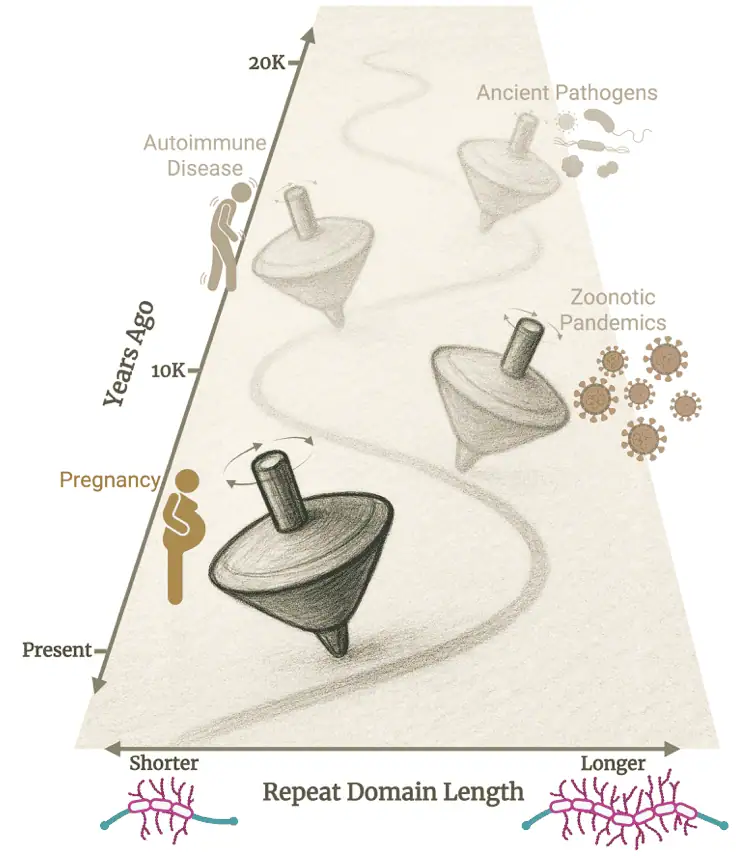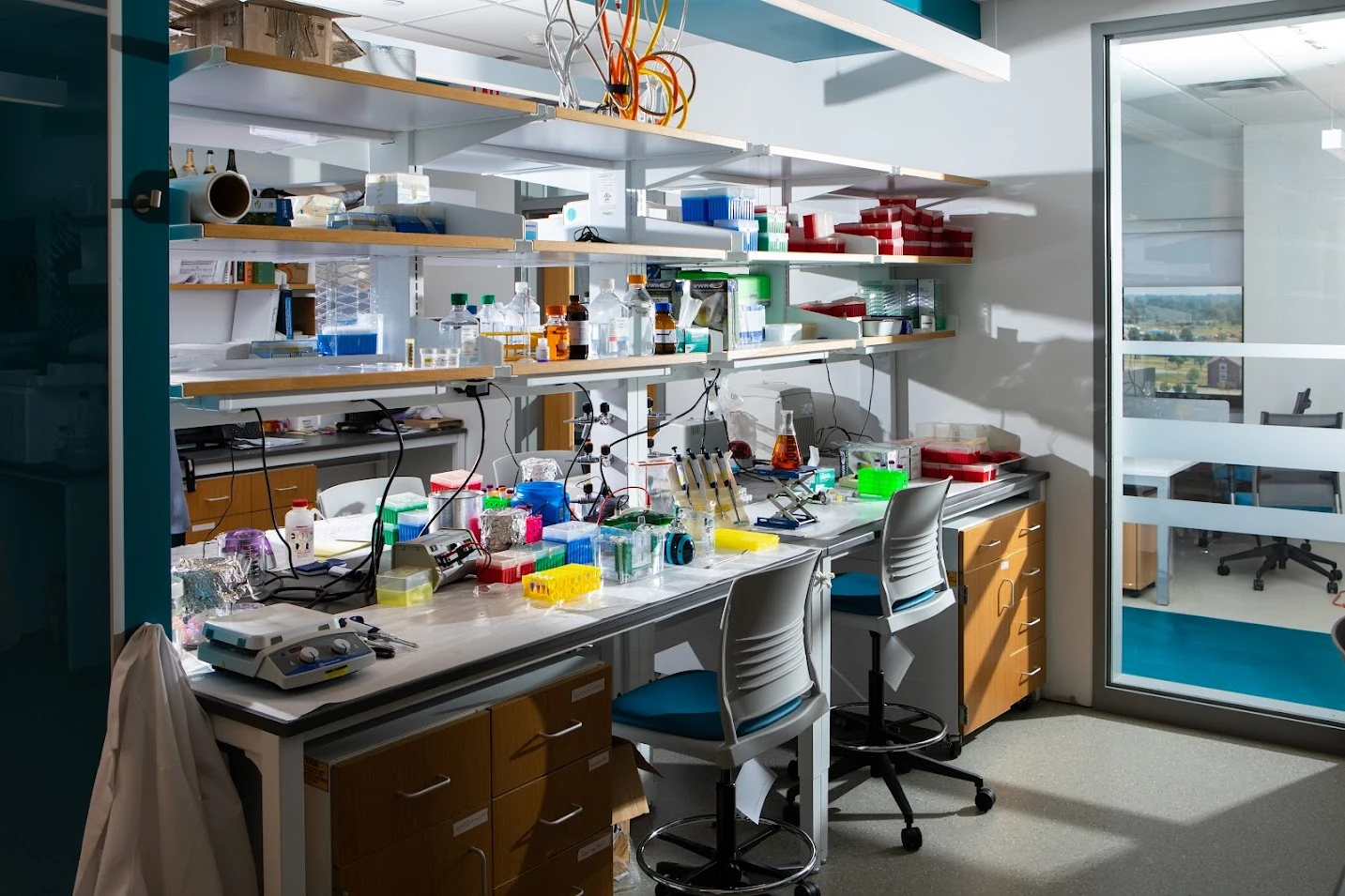ABOUT DR. PETAR PAJIC
Contributing to science, one puzzle piece at a time.
I am an NSF Postdoctoral Fellow at Yale University with a Ph.D. in evolutionary genetics. I recently joined the lab of Dr. Stacy Malaker to gain expertise in glycoproteomics. I am broadly curious in understanding how genomic structural variants, commonly found in human genomes, contribute to evolution, function, and disease susceptibility.
Petar received his M.S., and Ph.D. from the University at Buffalo in Biological Sciences. He has extensive clinical/surgical experiences having done several internships at hospitals, and has conducted years of research in Oral Biology under the mentorship of Dr. Stefan Ruhl. Together this is creating a well-rounded background necessary for coupling health and genetics.
Petar’s dissertation pertained to understanding the variation and evolution of mucins, genes that make mucus that are heavily involved in several disease phenotypes.
Abstract Understanding genomic function has historically relied on sequence conservation across evolutionary time. However, advances in genomics hav…
Abstract Severe acute respiratory syndrome coronavirus 2 (SARS-CoV-2) virus-like particles (VLPs) are ∼100-nm-sized bioinspired mimetics of the auth…
Recent writings:
My latest paper, “Reconstruction of the human amylase locus reveals ancient duplications seeding modern-day variation“ has garnered significant attent…
Delve into the world of basic science and its transformative impact in this blog post recounting my journey in Dr. Gokcumen's lab. Explore the connect…
Petar led this project that we designed with Stefan Ruhl Laboratory on how mucin proteins have evolved. The roles of mucins in different biological pr…
Stefan (Ruhl) and Omer Gokcumen recently published a comprehensive survey of the amylase gene copy number and salivary enzyme activity among mammalian…
Suggested readings:
Topics: CRISPR / Gene-Editing Therapy
Nobel Laureate Dr. Jennifer Doudna spoke at Fred Hutch Cancer Center in Seattle about strategies to improve CRISPR gene editing and delivery to help make CRISPR-based gene therapies cheaper and easier to access.
Nobel laureate and CRISPR pioneer Jennifer A. Doudna, PhD, spoke at Fred Hutch Cancer Center, sharing advancements in gene-editing therapies. Her lab is refining CRISPR to improve efficiency, affordability, and delivery methods, such as miniEDVs for in-body editing. Doudna advocates for ethical policies and wider accessibility of therapies like Casgevy, a CRISPR-based sickle cell treatment. Her work emphasizes collaboration across science, regulation, and manufacturing.
Ruth Lehmann argues that intellectual freedom for scientists unconstrained by commercial interests fuels unexpected discoveries.
Ruth Lehmann discusses 25 years of developmental biology progress, emphasizing curiosity-driven research’s importance. She advocates for robust funding, highlighting basic science’s role in healthcare breakthroughs and stressing the need for intellectual freedom in scientific exploration for societal progress.





